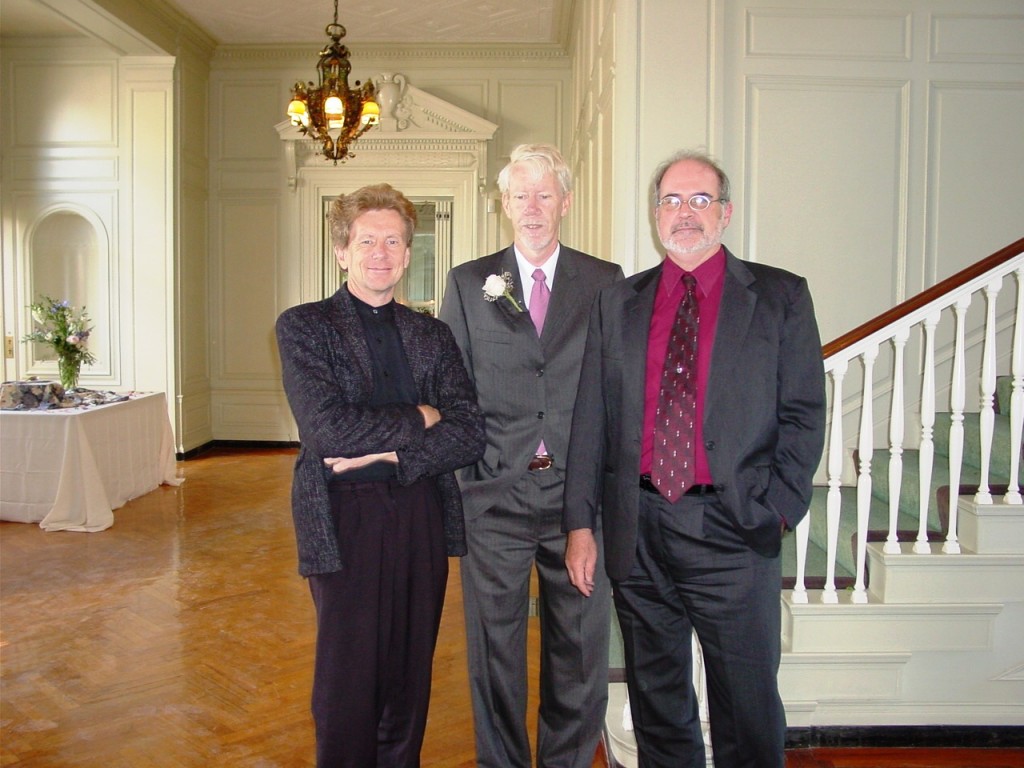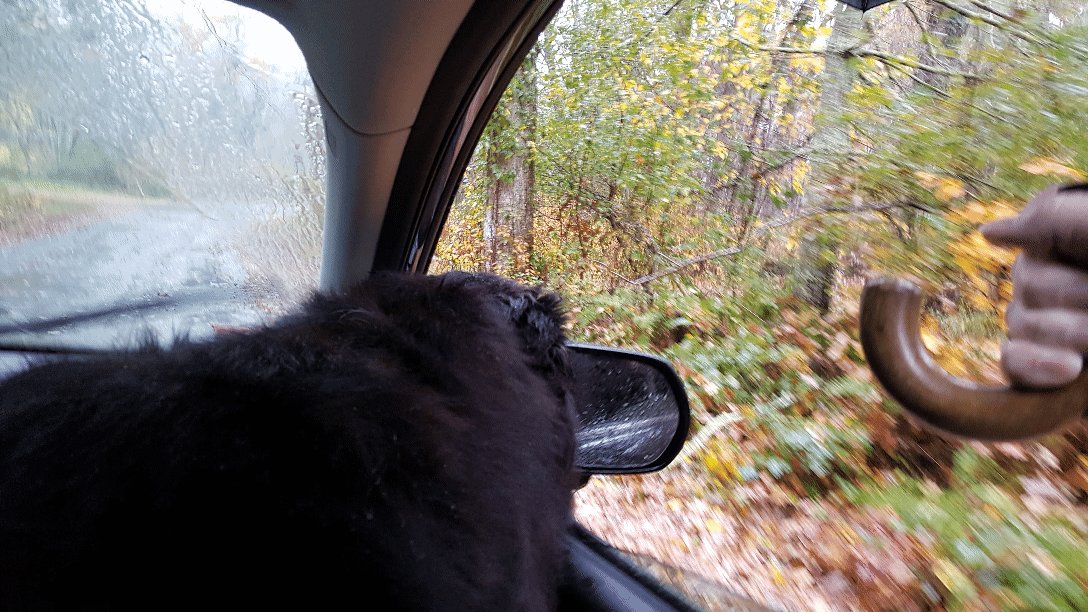Welcome to the Wakefield Doctrine (the theory of clarks, scotts and rogers)
Full Disclosure: starting some posts on Sunday afternoon. You know, the boiler plate intro stuff. Lots of writing this week, after last week’s stumble (due to a slight case of Dengue fever. lol)
So: continuation of the Serial Six ‘of Heroes and the MisUnderstood’ (co-written with Tom), at least a couple of ‘This is the Wakefield Doctrine’ posts, a return to the Unicorn Challenge (hosted by jenne and ceayr) and, finally the first TToT of the 2nd Q of the 224th Year of the New Order (‘Ordinal Novena’).
aiightt?
First up, RePrint!
(eeee doggies! lookie here, Uncle Jed! Not only found a 1st of Apricots post, but the one that marked our only foray into the blog-o-Herd! the 31 Day Writing Challenge!! (I believe Friend of the Doctrine Kristi is participating this year… be sure to go over to her blog and show her some support)
on with the RePrint
Monday -the Wakefield Doctrine- ‘one dress rehearsal, a day off and we be so ready for them alphabet mfers’
March 30, 2015Welcome to the Wakefield Doctrine (the theory of clarks, scotts and rogers)
Lets see:
donate to wikipedia? ✔
youtube updated and standing by? ✔
online dictionary?? cheque!comic sans font… when brow gets too high?… well, of course! er ✔
images from 5 years of Posts…. illustrating, emphasizing… bizarre innuendae ?? yahtzee!
‘kay, looks like I’m all ready to take on those rogers of regimented rhetoric, the fabulous A-to-Zers… the Blog Hopping Challenge of all time. April 1st through the 31st … alphabet?! we got ya alphabet right here!
(shit! the alphabet, that will be easy enough, I can always go look at Kristi or Z or Val’s Posts… now the theme itself… I better review the Doctrine, lets see:
- perspective on the world around us…
- personal reality/worldviews
- three personality types
- clarks, scotts and rogers
(ok… 21 more to go)
- ‘the everything Rule’…
- three types,
- one predominant with two as potential. secondary and tertiary aspects.
- know the other person better than they know themselves,
- infer how a person is ‘relating themselves to the world around them’,
- off-color jokes (?!), (off-color jokes?! what the hell kind of alphabet category is that?!)
simple: the Wakefield Doctrine (the theory of clarks, scotts and rogers) is a perspective on human behavior, a way to see the actions and reactions (and interactions) of the people who make up our lives, in a way that not only provides us with insight, but is (also) quite amusing, without being mean or off-putting. As a ‘lens’, the Wakefield Doctrine provides us with a glimpse into the world of ‘the other person’. Predicated on two simple ideas: a) there are three characteristic worldviews (i.e. personal realities), and that, although we have the capacity to live in any of the three, we all settle into one, at a very early age and 2) our personality type is simply a reflection of the reality that we grew up, developed in and are currently experiencing, and 3) if we understand the nature and character of each of the three worldviews and we infer how the other person is relating themselves to the world around them, we can be in a position to see the world as they are experiencing it. This can only mean that we will come closer to understanding the other person. In fact, with practice and determination, it is quite possible to know more about the other person than they know about themselves.
As a benefit, of the practice of, seeing the world as they are experiencing it, you need hear yourself say, “How could they go and do such a thing/say such a thing? I really thought I knew them better than that!” A further benefit of the study and application of the principles of the Wakefield Doctrine is the realization that how we relate ourselves to the world around us, (as would the Outsider/clark, the Predator/scott or the Herd Member/roger) is at the heart of the give and take, the problems and conflicts, the joy and passion that manifests itself in the unfolding of our everyday life.
By knowing that my world is of a certain character I am better able to understand how I contribute, not only to actions and reactions with people throughout my day, but to the nature and quality of those actions and interactions. Rather than giving us cause to say, ‘well, it’s them! they’re the ones being unreasonable!’ we now are in a position to, (be able to), accept that how I relate myself to the world around me today plays a totally significant role in how the people around me act…and react….and annoy the hell out of me…and are so attractive…. and stubborn. Although sounding very self-centered and egotistical, there is, within the Wakefield Doctrine, an inherent responsibility to understand the other person which, in turn, conveys a freedom (from our own limitations).
*











